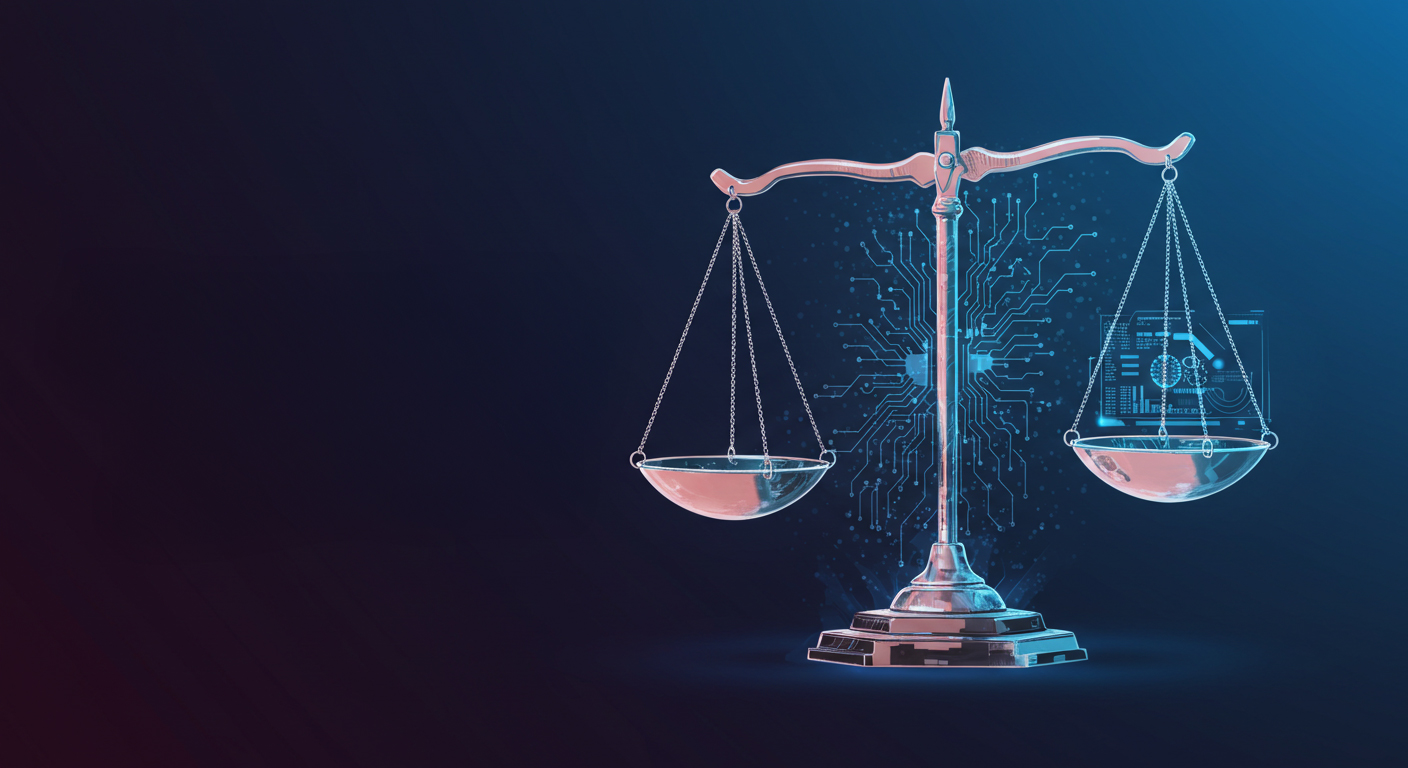
As the legal industry evolves, a hybrid legal practice—combining the strengths of generative AI with the insight of experienced attorneys—is redefining modern workflows. By integrating state-of-the-art legal technology with human expertise, firms can streamline operations, safeguard ethical standards, and provide comprehensive support to clients.
1. Understanding the Hybrid Legal Practice
At its core, the hybrid approach leverages AI-powered legal research for tasks like document drafting, discovery, and data analysis while entrusting critical judgment and strategy to skilled attorneys. While AI-driven tools can rapidly generate content and process large datasets, human oversight ensures that ethical considerations, context, and client-specific nuances remain paramount. This balanced model aligns with insights from industry leaders, as noted in the Bloomberg Law article on generative AI in law practice.
2. Advantages of Pairing AI and Human Expertise
3. Practical Strategies for Implementation
4. Looking Ahead
As generative AI continues to mature, its ability to handle increasingly complex tasks will grow. However, human oversight remains indispensable—especially for interpreting AI-generated insights, advising clients, and making strategic decisions grounded in real-world experience. The most forward-thinking legal teams understand that integrating both elements is the key to staying ahead.
By embracing this hybrid approach, your firm not only enhances operational efficiency but also reinforces its commitment to quality and ethical practice. Discover more about how our approach can empower your legal team by exploring additional insights on our Junior Associate blog. For a deeper dive into our solutions and how we drive efficiency in every task, visit Junior Associate.
